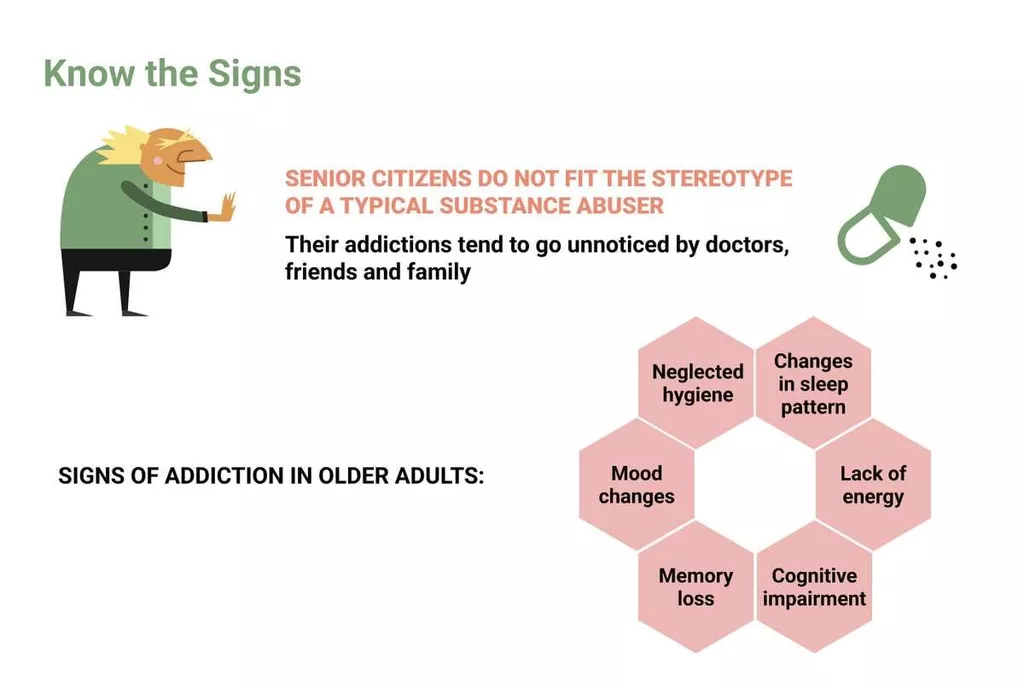
Addiction recovery is a challenging journey, often filled with emotional and physical hurdles. Amidst these obstacles, gratitude emerges as a powerful tool that can reshape the path to recovery. By focusing on gratitude, individuals can foster a more positive outlook, enhance mental well-being, and strengthen social connections, all of which contribute to a more successful recovery journey.
Start Recovery Today
In one study, researchers asked one group to note the things they were Sober living house grateful for. They then asked another group to write about the daily irritations or things that had displeased them. The third group was asked to write about the negative and positive events that affected them. After 10 weeks of study, those who wrote about gratitude were more optimistic and felt better about their lives. Developing a mindset and behaviors that reflect gratitude is a skill, and it will take time to grow.

Importance of Practicing Gratitude

As you learn to incorporate gratitude into how you view your new life, you may find that your recovery isn’t as difficult as you once thought. Reserve five minutes each morning to offer appreciation while you enjoy a cup of coffee, head out for an early run or even after you hit the snooze button (the first time). Keep it simple or more profound, but make sure to start each morning in thankfulness and set the tone for the day. Discover the significance of National Gratitude Month and unlock the power of gratitude for personal well-being and community impact.
- When you are mindful, you focus on the task at hand and clear away negative thoughts that may try to creep in.
- Sometimes, being in an addiction recovery program makes it difficult to keep up with any established morning routine.
- We should be patient with our feelings while our minds recalibrate to those details that most deserve our appreciation and respect.
How can one cultivate gratitude in daily life as part of recovery?
Not only does volunteering help us get out of our heads and into the present moment, but it can also show us those who are less fortunate. Get a jar of any kind and when something good happens write it on a strip of paper and put it in the jar. Then each day (once you get some stockpiled) take one out and remember what you have to be happy about. Making a list of ten things you are grateful for each morning is a great way to start the day in a positive way.
By addressing both spiritual disconnection and neurological factors, recovery can be gratitude in recovery approached more holistically and effectively. The spiritual underpinnings of AA promote not only personal recovery but also the development of a supportive community, reinforcing the importance of connection in fostering recoveries that last. Especially in early recovery, there are a lot of emotions that surface that are no longer being numbed by drugs or alcohol, and these emotions can sometimes feel overwhelming. Gratitude, when practiced daily, enhances hope, increases physical and mental wellbeing, and helps overcome the more difficult times we all face. When practiced regularly, gratitude builds stronger connections between people and within ourselves. It creates time and space to be mindful of relationships and the underappreciated joys of our lives, like the beauty of a sunset or the random kindness of a stranger.

Engaging in mindfulness in addiction recovery can further enhance this practice, grounding one in the present moment. Studies suggest that practicing gratitude correlates with a lower risk of major depression, generalized anxiety disorder, and substance dependence, including alcohol and drugs 2. Gratitude can contribute to a more positive outlook on life, vital for individuals striving to maintain sobriety. Practicing gratitude in recovery can profoundly affect mental health.
Struggling with Depression and Anxiety
Explore when medication assisted treatment begins, its history, and its role in overcoming addiction. Discover Adderall side effects, from common to severe, and learn about risks, treatment, and long-term impacts. Discover why hydrocodone addiction is on the rise and learn about its effects, signs, and treatment options. For some people, it is successfully completing an evidence-based drug rehab… Explore the mental effects of alcohol, from immediate impact to long-term consequences, and protect your brain health.

- Each day, take some time to write down a few things you are grateful for.
- The spiritual underpinnings of AA promote not only personal recovery but also the development of a supportive community, reinforcing the importance of connection in fostering recoveries that last.
- Whether it’s with loved ones, family members, friends, or even co-workers, recovery can give you the option to rebuild, and strength your relationships in life.
- Six months have passed since Hurricane Helene devastated western North Carolina.
- By focusing on gratitude, you can train your mind to overcome negative thinking.
While some people have strong, pre-existing support systems and communities, those new to recovery might need to search a little. With gratitude, you can sense how far you’ve come and where you might go next. You feel a deep sense of pride and accomplishment for all your hard work and good intentions, and you look for opportunities to connect with people, the world, the moment.

Leave a Reply